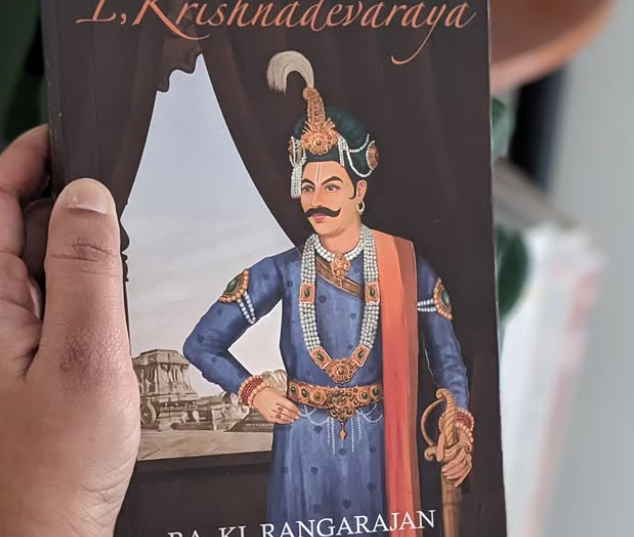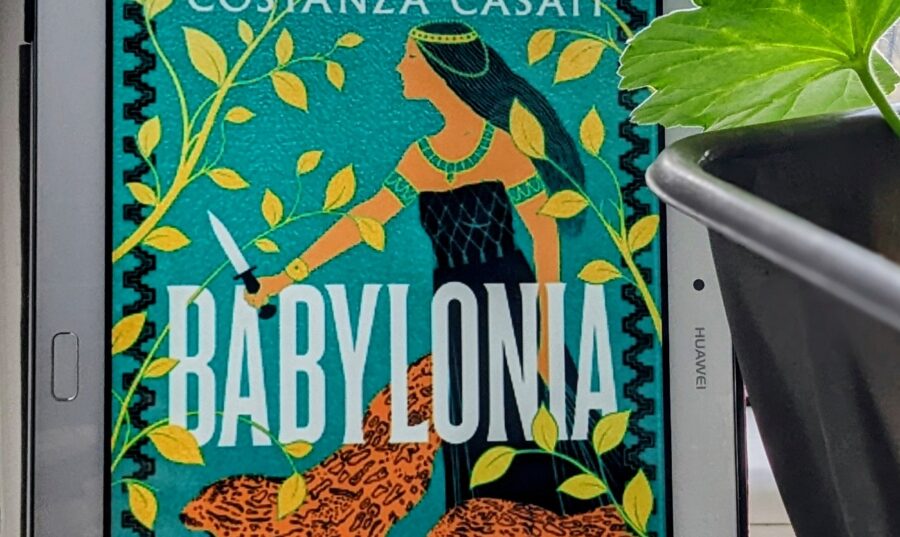Here I am with my book review of 2018, as promised, and I couldn’t have got a better book to begin with than Katherine Arden’s “The Bear and the Nightingale.” I am not one for fantasy or science fiction but I have promised myself that I will move beyond my beloved go-to’s like literary fiction. So, without further ado, here is a summary of the book from Penguin Randomhouse before I go into the review.
Winter lasts most of the year at the edge of the Russian wilderness, and in the long nights, Vasilisa and her siblings love to gather by the fire to listen to their nurse’s fairy tales. Above all, Vasya loves the story of Frost, the blue-eyed winter demon. Wise Russians fear him, for he claims unwary souls, and they honor the spirits that protect their homes from evil.
Then Vasya’s widowed father brings home a new wife from Moscow. Fiercely devout, Vasya’s stepmother forbids her family from honoring their household spirits, but Vasya fears what this may bring. And indeed, misfortune begins to stalk the village.
But Vasya’s stepmother only grows harsher, determined to remake the village to her liking and to groom her rebellious stepdaughter for marriage or a convent. As the village’s defenses weaken and evil from the forest creeps nearer, Vasilisa must call upon dangerous gifts she has long concealed—to protect her family from a threat sprung to life from her nurse’s most frightening tales.
The Bear and the Nightingale is only the first of the Winternight Trilogy, and it holds much promise. What struck me as soon as I read the first page was its similarity to Russian fairy tales and folk tales that I had read as a child. Winter lying thick and palpable outside the window. A hut glowing with a fireplace inside. Magic in the air. Arden summons up all of these images from the get go with prose that’s nothing short of lyrical and evocative. Sample this –
“The years slipped by like leaves”
Or this
“The clouds lay like wet wool above the trees.”

The first half of the book danced by with Dunya’s narration of the story of the Winter King, little Vasya’s strange personality and sightings, Pyotr’s visit to Moscow, and the arrival of his new wife, Anna. The elements of a brooding tale are all there with the hostile stepmother, loving brother, weary father, and the presence of little spirits that are visible only to Anna and Vasya. I particularly enjoyed the section where Vasya gets lost in the forest and she encounters Medved and the Winter King for the first time, although she doesn’t know it yet.
“Suddenly there came the crunch of hooves in the snow, and the snorting breaths of a horse. The one-eyed man recoiled. The child stumbled backward, away from his outstretched hand, and the man fell to the earth, cringing. A horse and rider stepped in the clearing. The horse was white and strong; when her rider slid to the ground, Vasya saw that he was slender and bold-boned, the skin drawn tight over cheek and throat. He wore a rich robe of heavy fur, and his eyes gleamed blue.”
Somehow, this passage reminded of some of the more haunting and poetic winter scenes from the Game of Thrones. And that’s when it struck me. A lot of the book reads like the script for a television show. All I had to do was imagine the background music. The characters are so vivid and the setting so atmospheric that they remain in front of your eyes seconds after you read the words. Atmosphere is heavy a presence throughout the book. It hangs heavy and dark or sprightly and light. But it’s there. Not unlike the silent but present domovoi in the book.
In the latter half of the book the story loses its thread just a tad, and ever so slightly resembles a jumble of beautiful images. The most breathtaking section of all of them was where Vasya is at the house of the Winter King, and where she drinks mead “thin and strong and somehow piercing, like winter sunshine.” The book comes to a roaring end with terrible battles and decisions to be made.
For a book that falls under historical fantasy and aimed at young adult readers, it puts out some surprisingly deep quotes that prompted me to pause and think. Here are some of my favourites –
“We who live forever can know no courage, nor do we love enough to give our lives.”
“Wild birds die in cages.”
“You are too attached to things as they are,” said Morozko, combing the mare’s withers. He glanced down idly. “You must allow things to be what best suits your purpose. And then they will.”
“His voice was like snow at midnight.”
With such rich prose like this how can you resist reading this book? Arden says in the afterword that she has borrowed heavily from Russian folklore. Indeed, the book coloured faded images of tales that I had read so long ago. It alternatively set my pulse racing, and my mind thinking. It could have been just a bit shorter and tighter but who cares. Pick up this book for Winter is coming with a force.




I loved this review, Birdy! I am so happy you loved the book! You will love the sequel too. How can we forget Mysh, eh? :-D. I look forward to reading the last in the trilogy together! We shall!
Yes I am waiting to read the third book with you! Let’s see what Mysh does 😉